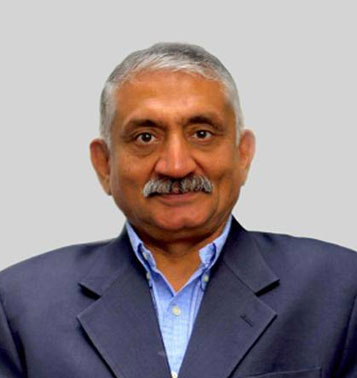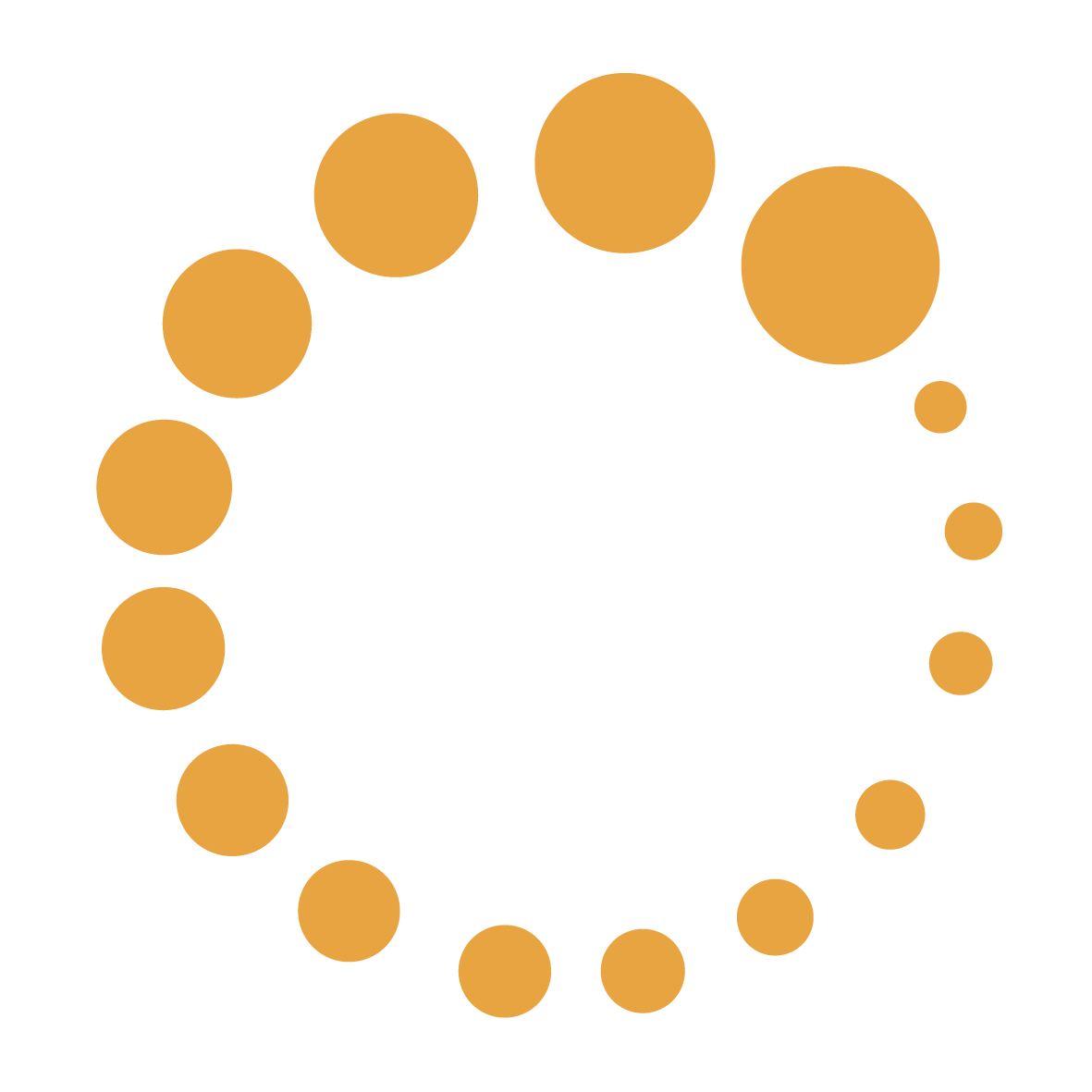PAFI VIEWS
View: White Davos is back in 2023
Author - Ajay Khanna

View: White Davos is back in 2023
After a hiatus of eight months (and not the usual 12 months), the World Economic Forum (WEF) Annual Meeting is back. The 53rd annual meeting of the WEF will be held from 16 to 20 January with the theme "Cooperation in a Fragmented World" so apt for such a divided world.
In 2020, the Davos gathering was a landmark golden jubilee event. It was addressed by President Donald Trump who spoke on the "great American comeback" and on the economic boom in the US. The once-in-a-century Covid-19 pandemic was yet to dominate the mind space of the world's most powerful leaders. I recall that there were just one or two panel discussions on Covid-19 and experts were speaking about the source of the new virus being an animal market in Wuhan.
But then, in a few weeks, our entire world turned upside down. Lockdowns became the first line of defence, even as the world launched the search for a vaccine on a war footing. The world economy all but collapsed. We are still feeling the reverberations, especially with China experiencing a fresh wave.
The WEF meetings in 2021 and 2022 were, therefore, virtual. The first post-pandemic in-person meet after the pandemic was declared was held in Davos in May 2022. The summer rendezvous prompted me to give the exceptional gathering a moniker: "Green Davos".
Coincidentally, this was taking place after the Russian invasion of Ukraine on February 24, 2022. Unsurprisingly then, this year's WEF echoes the fallout of this ongoing conflict-which is poised to log one year next month. "The world today is at a critical inflection point. The twin triggers of Covid-19 pandemic and the war in Ukraine rattled an already brittle global system. Economic growth in the world's largest economies is stalling, while navigating headwinds from rising food and energy prices," says WEF.
Looking Back
The annual Davos rendezvous began in 1971. It was christened as the European Management Forum and the meetings lasted a fortnight. This year, it is for five days.
The WEF'S TopLink-which I think is one of the best platforms in the world—says there will be 391 sessions, 2,664 participants and 26 initiatives for this year's meeting. Of course, these numbers are bound to change.
The 53rd Davos meeting programme has five thematic pillars to address the following challenges:
1. High inflation, low growth, high debt economy in the context of a new system for investment, trade and infrastructure
2. The current geopolitical risks in the context of a new system for dialogue and cooperation in a multipolar world
3. The current energy and food crises in the context of a new system for energy and climate
4. The industry headwinds in the context of a new system for harnessing frontier technologies for private sector innovation and resilience
5. The current social vulnerabilities in the context of the new systems for work, skills and health-care.
Now that you have been apprised about the themes, let me share some numbers that detail the scope of this year's Davos gathering. This year's WEF meet will host 217 sessions, called stakeholders dialogues; 39 informal sessions under the title Hub; 14 dinner sessions; 16 plenary sessions, which are normally held in the main Congress Centre with heads of government and states addressing the gathering; 11 issue briefing sessions; 10 open forum sessions; several "discovery" sessions and workshops; roundtables sessions and other sessions called Connect, Xchange and so on. This is, of course, just the open programme of WEF. Then there are events that are closed and restricted to select members and invitees. These include briefing meetings, networking events over a drink, lunch or dinner, and governor meetings (these are sectoral groupings).
Some of the 26 new initiatives to be launched at this years' annual meeting include subjects such as clean hydrogen, blue food partnership, corporate social intrapreneurship, metaverse, inclusive trade, protecting women & girls health and closing the disability inclusion gap. Then there will be hundreds of private events by participants, governments and corporations. I will write about these in subsequent articles.
I am an old timer in Davos. This year will be my 36th year at the event. I may even be the longest Davos participant from India (the late Rahul Bajaj was present for 39 Davos meetings).
I attended an event briefing for partners organised by WEF last month. I loved this session as it gives you a bird's eye view as to what is new at the annual meeting this year.
The annual meeting will have over 250 governments, international organizations and public figures. Some 50 heads of states or governments are expected to participate; so are several ministers of foreign affairs, finance & economy, trade & commerce, industries and energy. Several heads of central banks will also be there.
There will be country strategy dialogues (including one on India). The annual meeting will have an affiliate programme by the Forum constituents, there will be art and photo exhibitions and performances. The Congress Centre-the main convention centre-will have rented furniture and re-usable dividers and fabric. A new temporary hall called Kurpark has been created next to the Congress Centre to accommodate the ever-expanding demands for sessions and lounges.
Unlike in May 2022, the Covid-19 pre-arrival test is not mandatory this year. But it is recommended that you get it done before you travel to Switzerland. The WEF has put in place robust health and safety measures. Of course, prior vaccination is a must. Your badge to access the Congress Centre will get operational only after an onsite Covid-19 test comes negative.
I do recall that many participants in May 2022, including yours truly, had Covid-19 infection, though mild, after returning from Davos. Hopefully, this time, Davos does not become a super-spreader as there are no Covid health restrictions on public places such as hotels in Switzerland even though there are many non-WEF badge holders in Davos.
I am particularly intrigued by the Forum's new initiative called Global Collaboration Village. This initiative is to strengthen global collaboration by using the metaverse to expand its ability to serve global public interest. The WEF, in partnership with Microsoft and Accenture, is creating this virtual village as a place to work together in an immersive and engaging manner to address the world's most critical challenges and shape industry, regional and global agendas. The Forum will present its latest version of the global village during the Annual Meeting 2023.
So, as I head to Davos, the highest town in Europe (1,560 m above sea level) and a ski resort with a permanent population of about 10,000, I need to be prepared for sub-zero temperatures. There are predictions of snow over the next 10 days. This small village town will have some 15,000 people (my guestimate) descending on it next week. I am packing warm clothes, gloves, hats, scarfs and well-insulated shoes. Of course, as walking is the fastest and healthier way to go around, the shoe grips provided by WEF are always welcomed.
For those who want to watch the proceedings at Davos, there will be around 200 live-streaming sessions. Also keep an eye on WEF social media on Facebook, Twitter #WEF23, LinkedIn, Instagram, YouTube and so on. And, of course, follow my Notes from Davos on ETonline. The next one will be on India@Davos2023.
Ajay is a Davos regular; strategic adviser with Jubilant Bhartia Group, and Co-Founder of PAFI. Views are personal.


